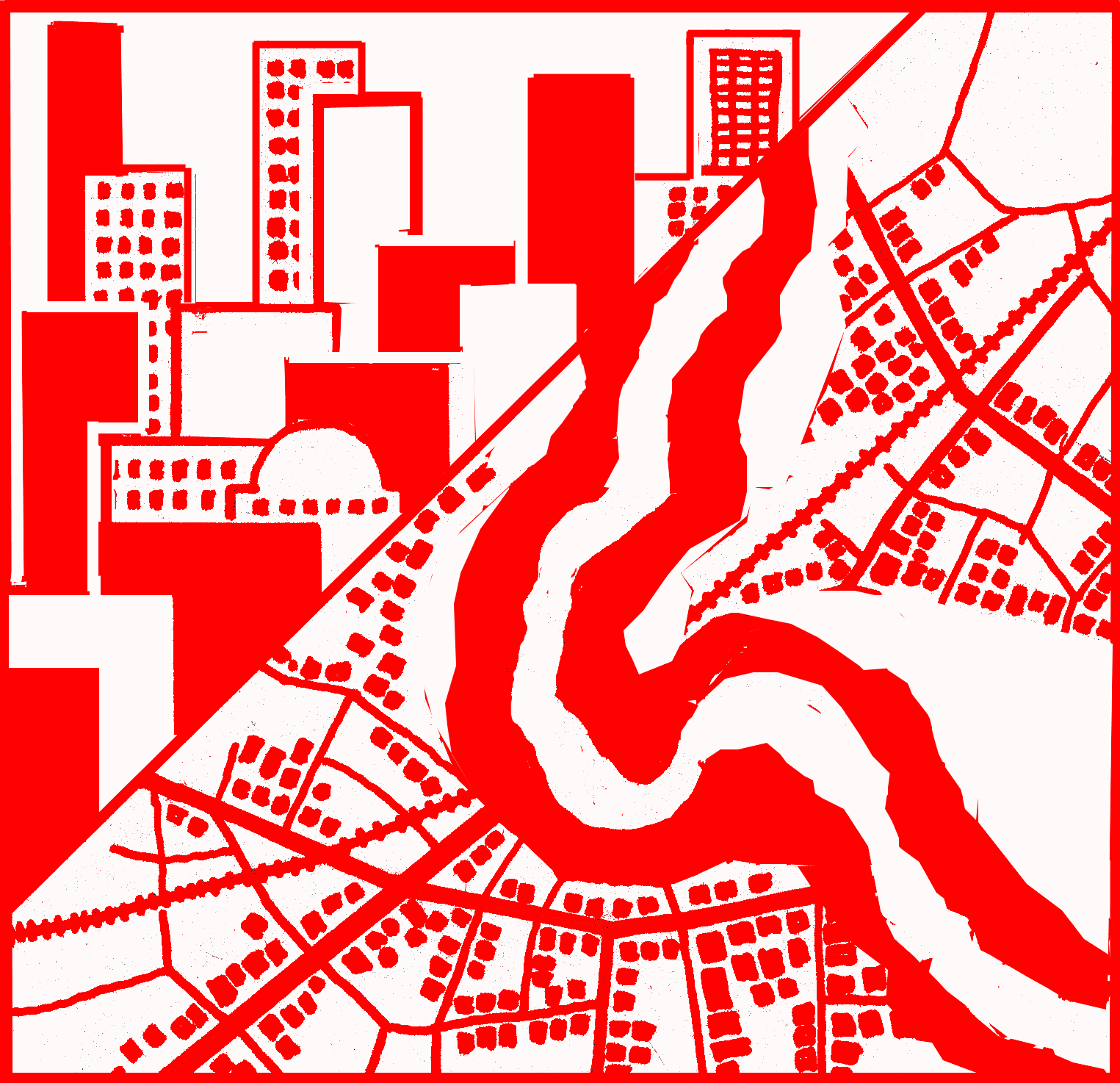| Editor's Corner...
From Our Readers...
Book Review...
ADPC Programs and Activities...
ADPC Regional Programs...
Interview...

Theme

duryog nivaran

AUDMP - making cities safer

Bookmarks

WWW Sites
|

|
Theme . . .
National Natural Disaster Knowledge Network for India
| The increasing frequency and fury of natural disasters in India have shaken policy-makers in the Planning Commission, research scientists in laboratories, disaster managers, and central and state governments to the foundations. The Government of India has established a high-powered committee to address the multiple facets of natural disasters in India. One of its major decisions has been to set up a National Natural Disaster Knowledge Network (Nanadisk-Net), the task of establishing which has been entrusted to Dr. R.K. Bhandari, Head, International Science and Technology Affairs Directorate of the Council of Scientific and Industrial Research.
|
| The fight against natural disasters has to be global although the ensuring action must necessarily be local. The Knowledge Network is designed to expand international relationships to include exchange of information and transfer of technology. |
The Knowledge Network is being planned as a "network of networks". It has to be so because India badly needs a platform to facilitate an interactive, simultaneous dialogue with all the players dealing with natural disasters, major or minor, both in India and abroad. It is being conceived as a powerful instrument to store, retrieve, disseminate and manage information. When fully operational, all government departments, research institutions, universities, community-based organizations and even individuals will be intimately connected. India would have by then created a common blackboard in cyberspace for one and all to face the formidable challenges posed by natural disasters, ensuring synergy of strengths, sharing of resources and leveraging of capacities. It is proposed to create a window of news on the latest information and breakthroughs, digital inter-linked library services and access to global databases and early warning systems.
The whole world knows that the fight against natural disasters has to be global although the ensuing action must necessarily be local. The Knowledge Network is therefore especially designed to give a fillip to technical cooperation among developing countries and to expand international relationships to include exchange of information and transfer of technology. The only way to fight natural disasters is by forging partnerships and working together in the spirit of cooperative endeavor. The laws of nature are the same across the globe, which is why many of the fundamentals we learn owe their origin to studies which are not really our own. Remember that it was the Niigata earthquake of 1964 which taught liquefaction to the whole world!
|
|
When the Orissa super-cyclone struck India recently, we realized how important it was to mobilize essential resources and expertise swiftly to deal with natural disasters, and to come out of the jaws of national calamity. It became abundantly clear that improved decision-making cannot occur without a powerful Knowledge Network because in the conventional approach of working, multi-source information keeps trickling randomly and at times conflicting information fouls the process. The Knowledge Network, therefore, aims at not only ensuring a swift flow of information, but also its authentication. In this era of knowledge, the future belongs to those who strive hard for the uncompromising best. It is with this realization that it has been decided to build a smart Knowledge Network and the organization to do so is itself conceived as a pulsating organization, which could expand or shrink as per the felt needs.
One of the outstanding features of the Knowledge Network will be its "down to earth" connection with the great learning exercise that comes with every disaster. Individual disasters are the best schoolmasters as they offer live laboratories of nature that impossible to simulate, no matter how sophisticated our initiative. It is also important that successive disasters of the same kind in a given hazardous area get studied as a single chapter in nature’s notebook. There is really no other way to decode nature’s message. Learning is an unending process and should be viewed in that context. Access to the findings of global R&D on disasters is as crucial to the advancement of the frontiers of knowledge, as is domestic R&D. India has an impressive scientific and technological infrastructure and its intellectual capital is currently being estimated as US$ 10 billion annually. It is, however, disappointing that these institutions are not yet wired and the standard of training, especially of trainers, is not internationally benchmarked. One of the objectives of the Nanadisk-Net will be to promote e-training.
We suffer from too much information, and the time has come when the greatest challenge lies in managing, updating and delivering information in the most user-friendly manner. With the click of a mouse, one could, for instance, access and surf several web sites full of information on natural disasters across the globe. The question is how many of those concerned with natural disasters benefit in this way? The answer is not many. Thus there is a need to provide information to the users’ doorsteps. The power of information technology will soon demolish barriers of language and the process of learning will accelerate with the advent of language translation software. Nanadisk-Net, therefore, aims at enriching its content through a flow of knowledge from the foreign language literature.
--Dr. R.K. Bhandari
Head, International Science and Technology Affairs Directorate
Council of Scientific and Industrial Research, India
|
|



![]() To get announcements whenever this page is updated, please subscribe to adpc-announce-subscribe@egroups.com
by sending a blank email.
To get announcements whenever this page is updated, please subscribe to adpc-announce-subscribe@egroups.com
by sending a blank email.